Once news filtered in about Tinubu’s plan to address the nation, the country waited with thirst and hunger for good news. Are we going to see immediate results from the protests, many wondered aloud. The speech came, and the President appeared to start abruptly, with normal statements about feeling the pains of Nigerians and doing everything necessary to alleviate them. Line after line, until, almost unexpected, the president ended when he did. Not a word about most of the items on the list of protesters such as reducing fuel prices.
Expectedly, anger, vituperations, tantrums, unfounded criticisms and even slur words dissected his speech. No doubt, some people, including in the media, believed the president made a groundbreaking, soul-winning speech, though they appeared to be in the far minority. So, in the heat of the moment, and in utter disgust, some terrific scrutiny has trailed President Tinubu’s Sunday broadcast on the ongoing protests against hunger and bad governance.
Join our WhatsApp ChannelGovernment Still Begs To Differ
Perhaps, in line with a dominant non-complimentary analysis of the speech, we say that the broadcast vindicates our editorial stand a day before. That is, government does not lay emphasis on hunger and bad governance. On the contrary, many analyses point to the same direction: President Tinubu is insistent on the political nature of the protests. His government appears to respond to the protests almost solely from this perspective.
READ ALSO: Protests: Tinubu’s Government Must Do The Ordinary Things
Therefore, the abrupt start to the speech suggested clear anger of the president about the protests. It showed his belief that Nigerians do not really understand why they are out on the streets. That is, the belief that Nigerians are indirectly being used by his enemies, who are angered by his policies. The president later alluded to this when he said talked about how the removal of subsidy and floating of the naira dislodged those benefitting unjustly from subsidy and multiple foreign exchange outlets and regimes.
Is Suspicion Helping Tinubu?
No, because his government has not named names, and gone after them for insurrection. Tinubu’s insistence about the political nature of the protests begs the question, because of the obvious evidence of widespread hardship. Therefore, Tinubu’s avoidance of all the requests of protesters appear to show that government continues to act against its own will as we had argued in an editorial a day before the broadcast.
Lessons For Further Responses To The Protests
After all the criticisms from analysts on the broadcast, the president’s men should hurry back quickly and use other means to address matters arising from that speech, which some saw as hurriedly packaged. One analyst described it as likely an excerpt from an anniversary speech in the making. Perhaps, that is why the speech contained many points about policies and plans in the works.
Tinubu mentioned the states with fatalities from the protests. He named four states in the north. This tends to be divisive, and is one of the most palpable indications of his belief that the protests get there most firepower from the north. Tinubu did well to call for dialogue and restraint, but his continued reference to unnamed organizers raises questions about who these people really are. The president also did well to condemn bigotry, but should have shown more empathy by thanking the southeast states for doing what he craved so much, that is, shunning the protests. This is in light of the irony of the now trending Igbomustgo threat in Lagos. Thankfully, the president condemned those displaying acts of bigotry in connection with the protests.
READ ALSO: Just Before The Protests
When the president calls for all hands to be on deck, the protesters are clearly saying that they are ready to go to their farms, only they fear insecurity. The refineries lie idle and foreign investors are scared due to rising fuel costs and foreign exchange. The president referred to decades of anaemic economy leading up to his term of office. Truly, the shortage of economic blood in Nigeria had become a kwashiorkor before Tinubu came to office. It stemmed from corruption and mismanagement, especially of the natural resources such as crude oil. This is why the president should have made a direct connection between the implementation of subsidy removal and its sabotage, and the immediate and remote causes of the protest, including likely sponsors.
The president talked about the strides of the past 14 months. This can be made more tangible by showing results in hunger alleviation, fighting corruption, and ending insecurity and government wastages. What was mentioned in student loans, credit for nano businesses, importation of agricultural equipment, debt servicing, etc., were rendered in ways that will not be easy for the ordinary man to comprehend, e.g., the stupendous amounts of money mentioned. For instance, the president referred to a great stride like reducing debt servicing costs form 97% of government revenues to 67%. But the present government has extended the tradition of external borrowing, with senate approval in December 2023 of $7.8 billion and €100 million as part of 2022-2024 Federal Government borrowing plan.
READ ALSO: Full Text Of President Tinubu’s Address On The Nationwide Protests
The president also mentioned a lot of plans and achievements in the agricultural sector. The most ambitious seems to be removal of subsidy on cereal imports (rice, maize, sorghum) and pharmaceutical products. Without concrete plans to manage the removal of tariffs, the latter would be a direct counter to agricultural self-sufficiency, which all the policies aim to achieve. Distribution of fertilizers to farmers to cultivate 10 million hectares and mechanised agriculture are super plans. But without a word on farmer security after taking up these incentives will not reassure farmers.
Indeed, Nigerians want to hear about all the reforms that Tinubu once championed before coming to power, e.g., industrialisation, electoral reforms, devolution of powers, restructuring, power reforms.
Dr Mbamalu is a Jefferson Fellow, member of the Nigerian Guild of Editors (NGE) and a renowned Publisher.
Dr. Marcel Mbamalu is a communication scholar, journalist and entrepreneur. He holds a Ph.D in Mass Communication from the University of Nigeria, Nsukka and is the Chief Executive Officer Newstide Publications, the publishers of Prime Business Africa.
A seasoned journalist, he horned his journalism skills at The Guardian Newspaper, rising to the position of News Editor at the flagship of the Nigerian press. He has garnered multidisciplinary experience in marketing communication, public relations and media research, helping clients to deliver bespoke campaigns within Nigeria and across Africa.
He has built an expansive network in the media and has served as a media trainer for World Health Organisation (WHO) at various times in Northeast Nigeria. He has attended numerous media trainings, including the Bloomberg Financial Journalism Training and Reuters/AfDB training on Effective Coverage of Infrastructural Development of Africa.
A versatile media expert, he won the Jefferson Fellowship in 2023 as the sole Africa representative on the program. Dr Mbamalu was part of a global media team that covered the 2020 United State’s Presidential election. As Africa's sole representative in the 2023 Jefferson Fellowships, Dr Mbamalu was selected to tour the United States and Asia (Japan and Hong Kong) as part of a 12-man global team of journalists on a travel grant to report on inclusion, income gaps and migration issues between the US and Asia.

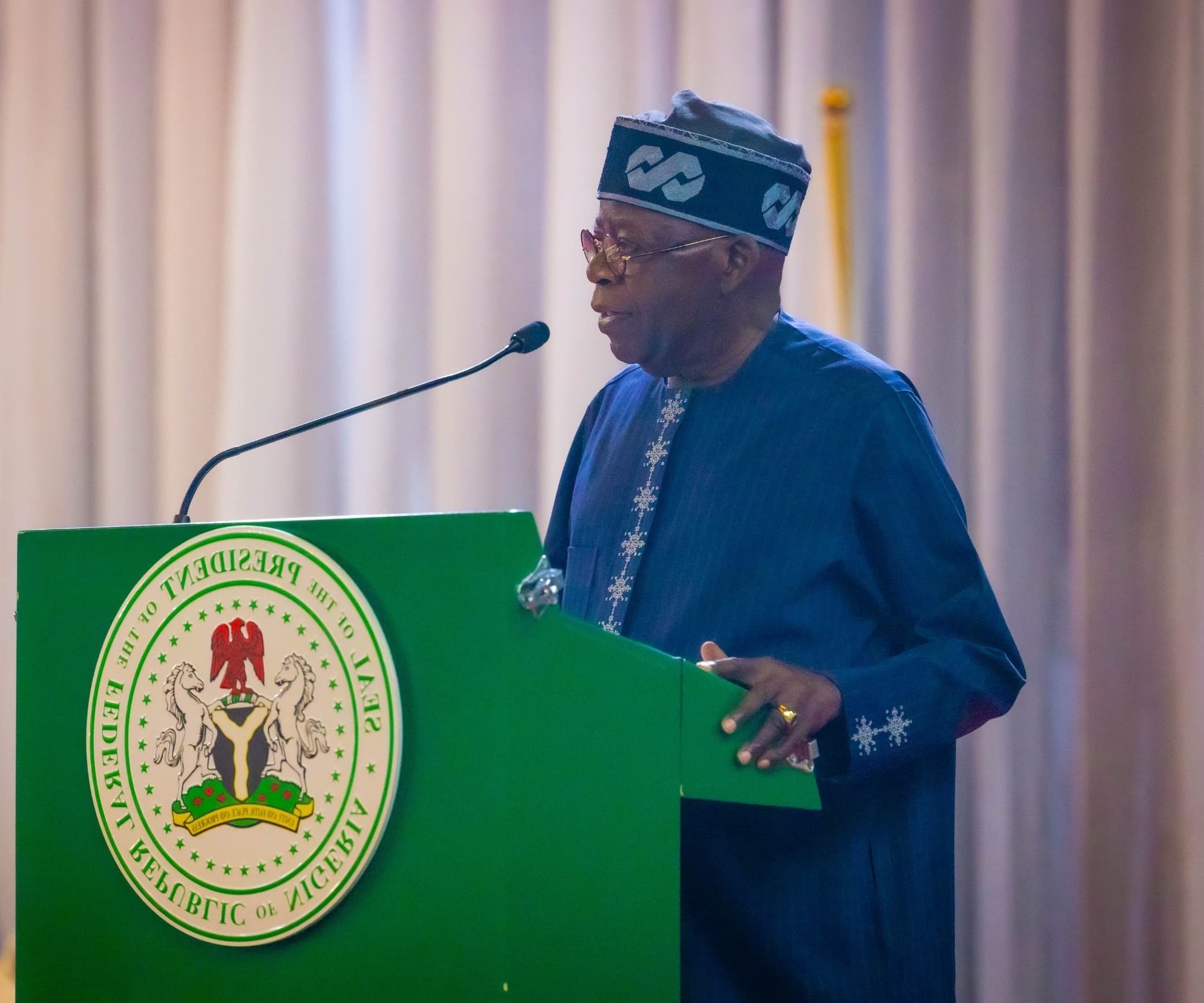



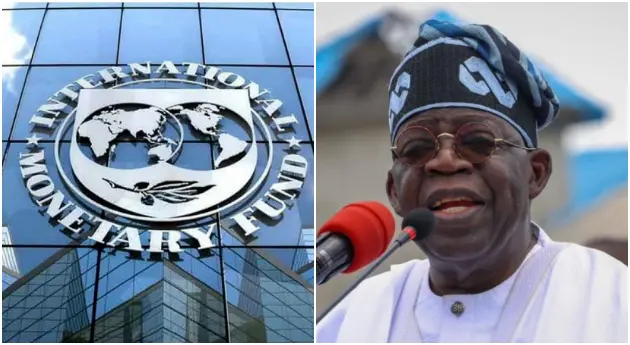
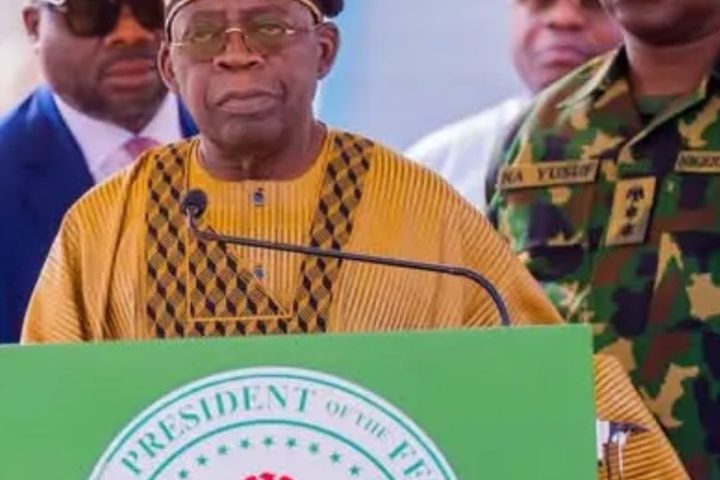
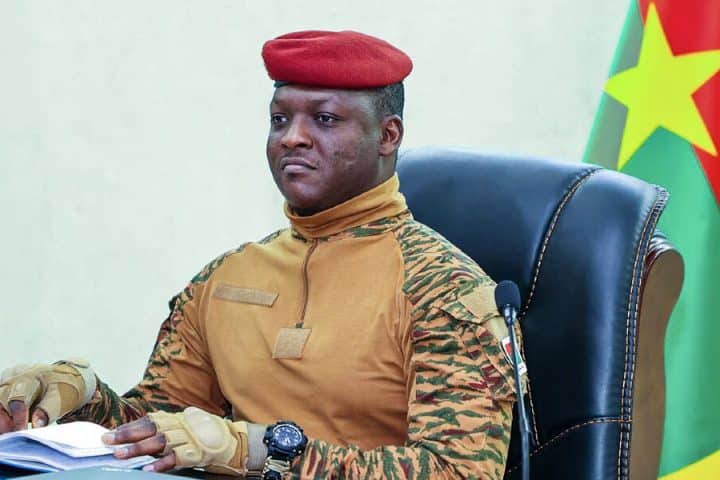
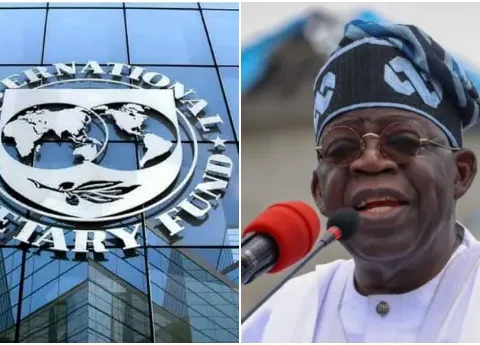
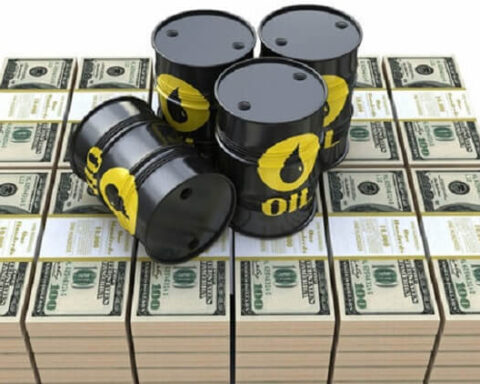
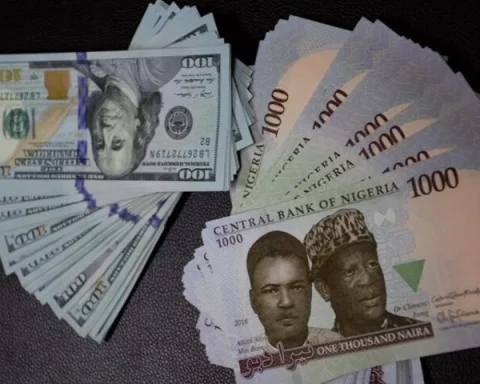
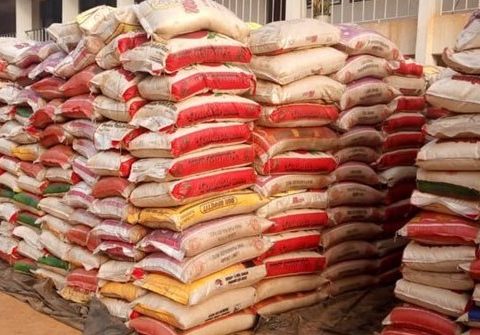


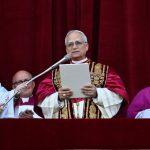

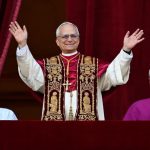
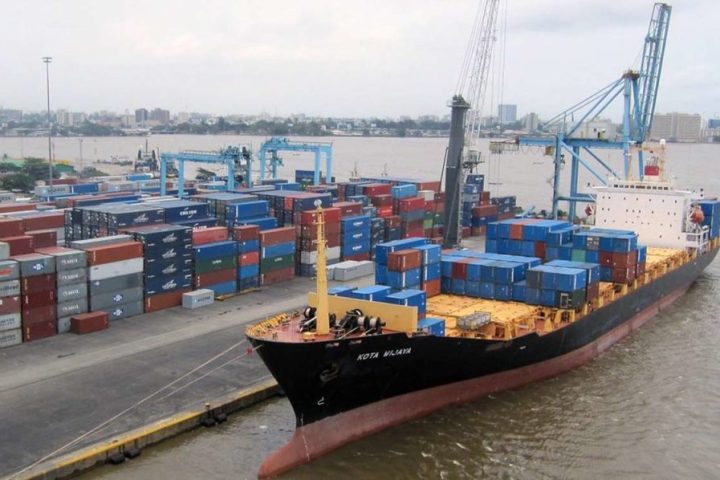
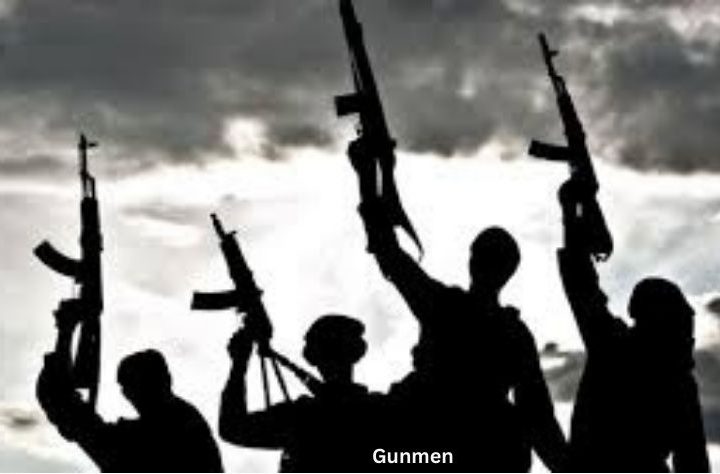
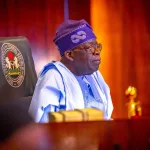
Follow Us